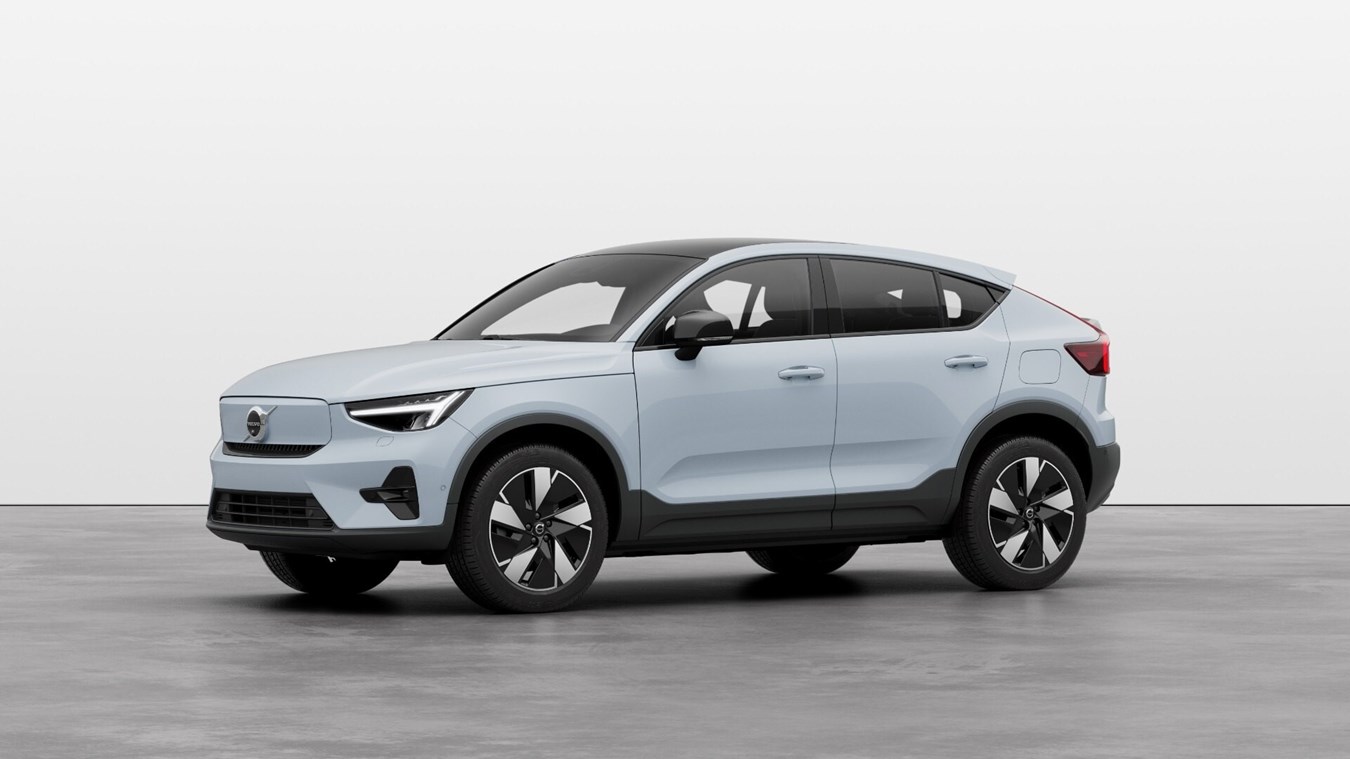Rate this post


As electric vehicles (EVs) gain popularity for their environmental benefits, questions arise about the sustainability of their components, especially the batteries. In response, Volvo is set to issue the world’s first EV battery passport, which will document the sources of components and raw materials, and detail the carbon footprint of its flagship EX90 electric SUV.
Partnership with Circulor
Volvo has developed this innovative battery passport in collaboration with UK-based startup Circulor. Utilizing blockchain technology, Circulor helps trace the origins of supply chains, ensuring transparency for companies like Volvo. This partnership marks a significant step towards greater accountability in the EV industry.
Circulor’s traceability data allows for precise tracking and reporting on emissions based on material movements, helping organizations reduce their carbon footprint and enhance processes and logistics. This solution enables OEMs to achieve climate-neutral manufacturing by providing insights into Scope 1, Scope 2, and Scope 3 emissions, facilitating effective reduction strategies.
Primary Goal
According to Volvo, the primary goal of the EV battery passport is to enhance awareness and transparency about the origins and environmental impact of EV components. Vanessa Butani, Volvo’s Head of Global Sustainability, emphasized the company’s commitment to leadership, stating the importance of pioneering such initiatives to set industry standards.
Manufacturing and Availability
Production of the EX90 with the battery passport will soon begin at Volvo’s South Carolina facility in the United States. Deliveries to customers in North America and Europe are slated to start later this year. Customers will be able to access the battery passport by scanning a QR code, and a detailed version will be available to regulators, ensuring comprehensive transparency.
Industry Implications
Volvo’s initiative sets a precedent in the automotive industry, and it is anticipated that other manufacturers will follow suit. The European Union has already mandated that battery passports become compulsory for EVs starting in February 2027. This regulation aims to inform customers about battery composition and the origins of key materials used, promoting a more sustainable future.
Final Thoughts
Volvo’s introduction of the EV battery passport represents a significant advancement in promoting sustainability and transparency within the electric vehicle industry. By setting new standards for tracking and reporting the origins and environmental impact of EV components, Volvo’s initiative is likely to influence other manufacturers to adopt similar practices. This move not only enhances consumer awareness but also supports global efforts towards more sustainable manufacturing and operations in the automotive sector.
- SEO Powered Content & PR Distribution. Get Amplified Today.
- PlatoData.Network Vertical Generative Ai. Empower Yourself. Access Here.
- PlatoAiStream. Web3 Intelligence. Knowledge Amplified. Access Here.
- PlatoESG. Carbon, CleanTech, Energy, Environment, Solar, Waste Management. Access Here.
- PlatoHealth. Biotech and Clinical Trials Intelligence. Access Here.
- Source: https://e-vehicleinfo.com/volvo-introduces-worlds-first-ev-battery-passport/
